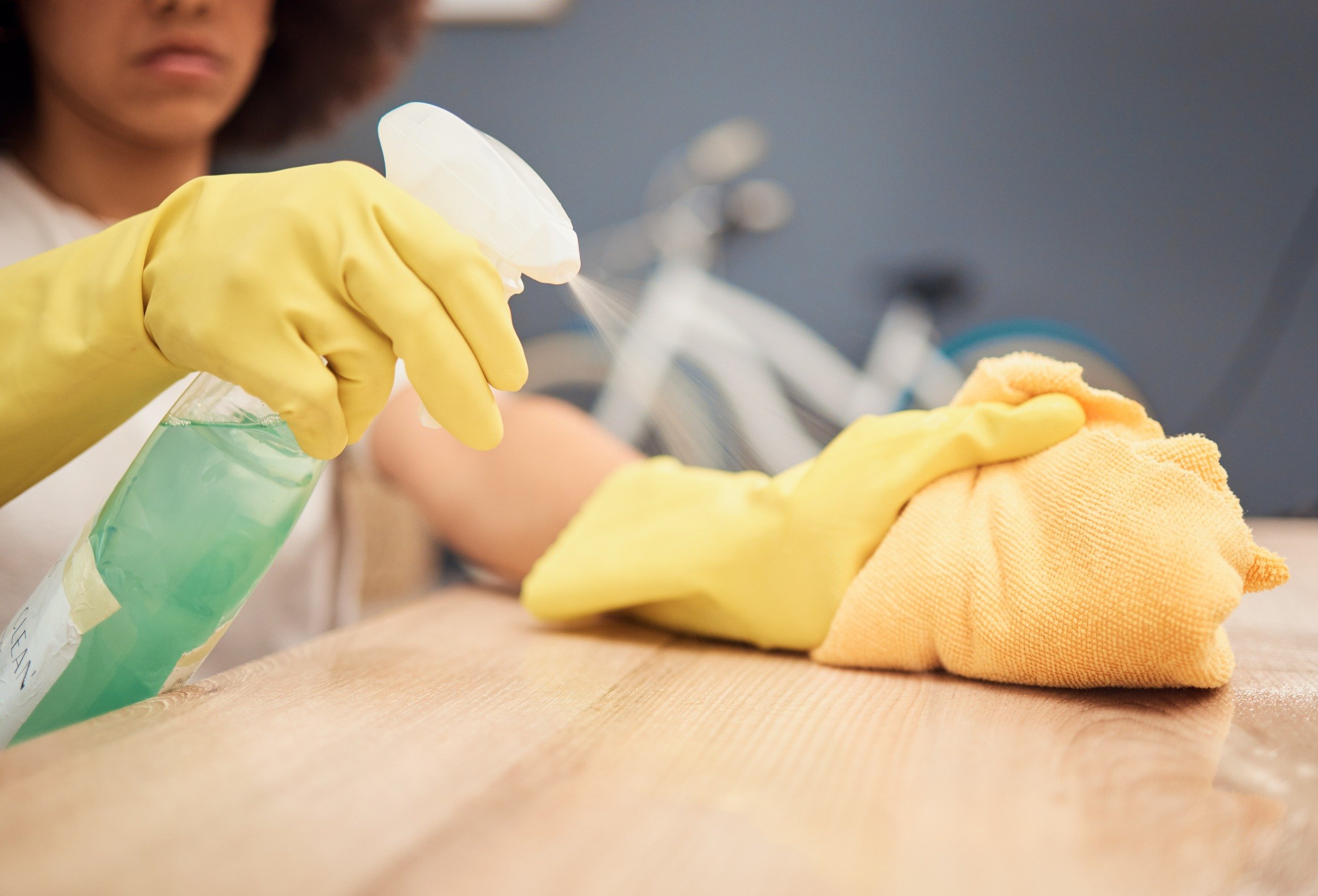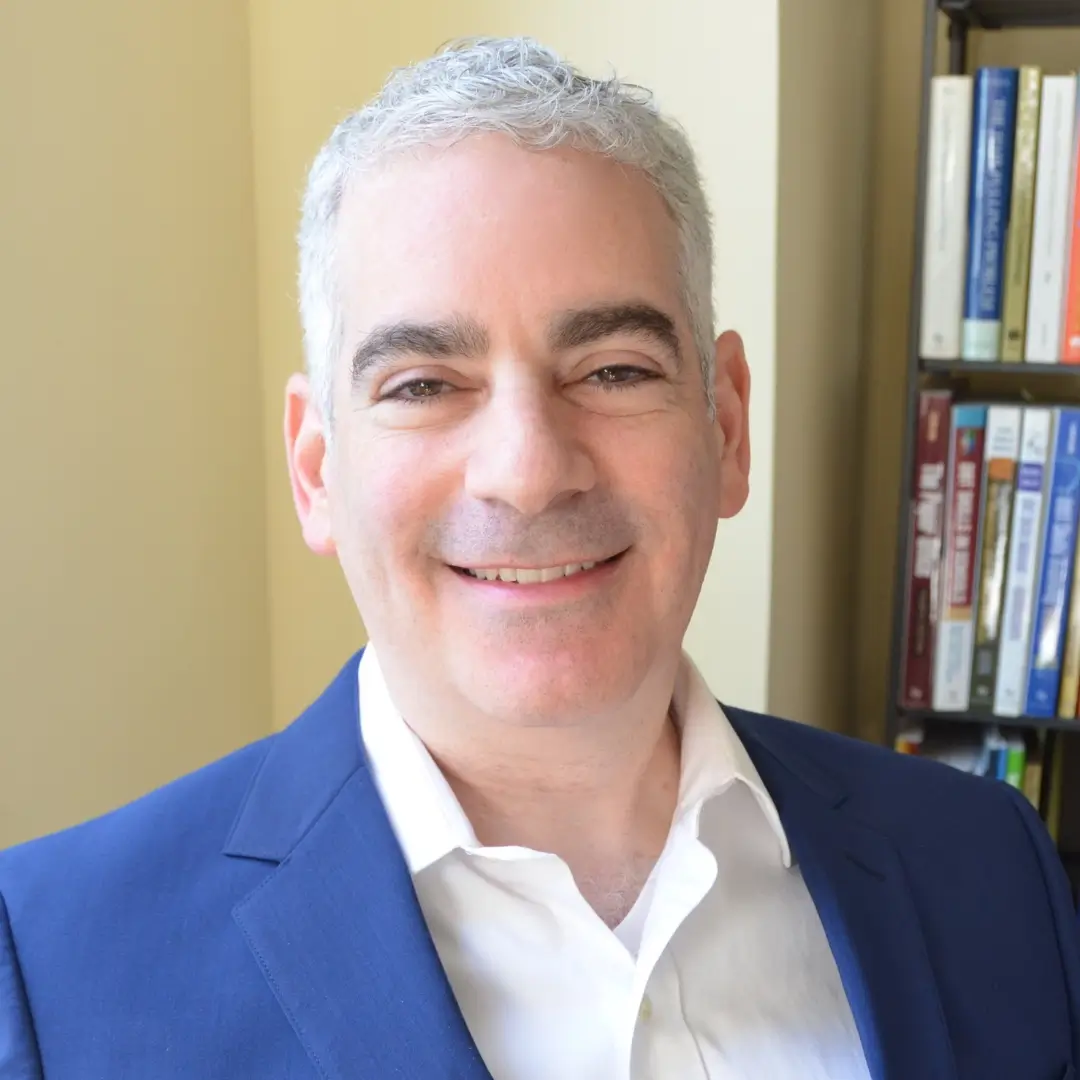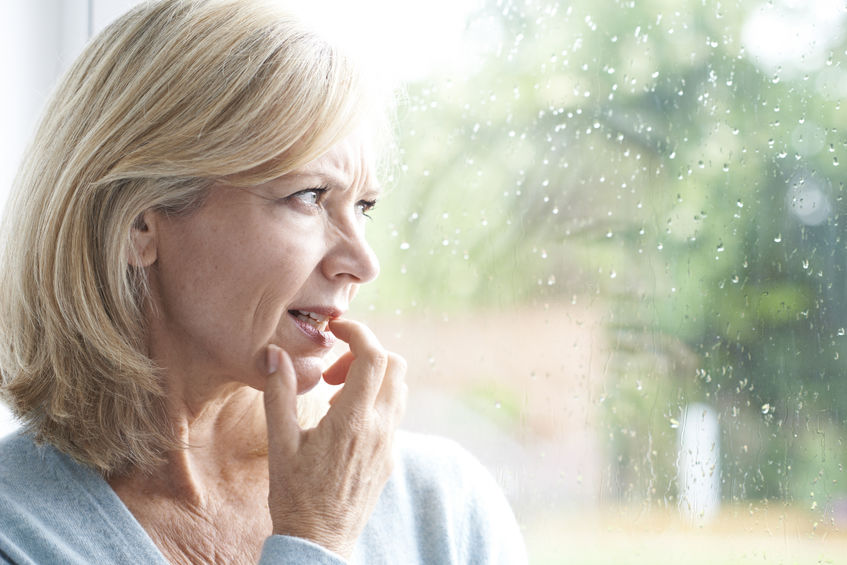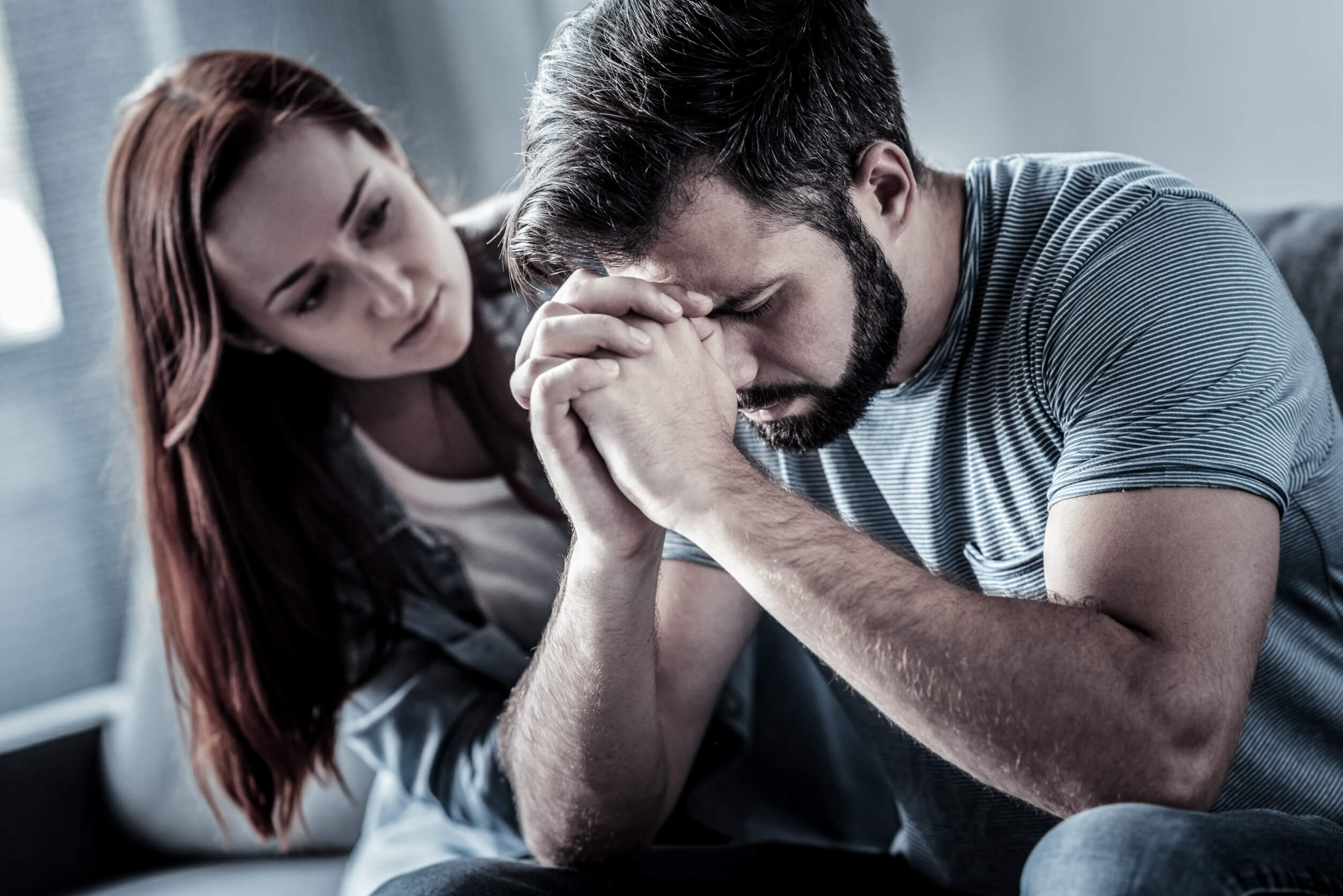Are you a germophobe? Typically, a fear of germs is actually not a phobia. Often, it is a form of obsessive-compulsive disorder known informally as “contamination OCD.”
with contributions from Gabrielle Ilagan
What is Contamination OCD?
OCD comes in many forms, and contamination OCD is one of them. People with contamination OCD experience obsessions about being harmed or contaminated by germs, dirt, chemicals, or other substances that they view as harmful. Sometimes their concern is about a specific disease like HIV, COVID, or hepatitis. Other times contamination is less well-defined.
These obsessions can cause significant anxiety and distress. Many people with contamination OCD feel compelled to do something about possible contamination so that they can alleviate their distress – like washing their hands excessively, over-the-top cleaning, and avoiding people, places, or things thought to be contaminated.
The impact of this type of OCD can vary widely. If severe and untreated, contamination OCD can lead to people feeling that their homes are too contaminated to continue living in, or even to their needing to be hospitalized. These are uncommon, but they do happen in some severe cases.
Do You Have Contamination OCD?
How can you know whether your germ concerns are a problem requiring treatment or just a harmless quirk? Here are some tips. You may have contamination OCD if:
- your fear of contamination “spreads” from one thing to another and then another
- attempts to rid yourself or your surroundings of contamination have caused you to be late to work, school, or other engagements
- concerns about germs and disease have adversely affected your sex life or your romantic relationships
- efforts to prevent or avoid contamination have significantly lengthened your daily routines
- you hide the amount of time you spend washing, disinfecting, or otherwise cleaning
- the time you spend cleaning or disinfecting has become excessive, or seems excessive to others
Ultimately, the diagnosis of OCD needs to be made by a mental health professional. You’ll find information below on how to contact one.
How to Manage Contamination OCD at Home
With any type of OCD, it’s usually a good idea to try to:
- tolerate obsessive thoughts and impulses
- resist compulsions
When you have an obsessive urge to clean something, the smart move is to just notice that impulse instead of indulging it. Be patient with it. See if the urge gets stronger or weaker over time. Resolve to not clean anything for ten minutes, then check in with yourself to see if the urge is any stronger or weaker. Then try it again for another ten minutes. After all, if something needs to be cleaned, it usually doesn’t matter if it waits another ten minutes before you clean it.
Tolerating these urges is a form of exposure. The more you expose yourself to that type of urge, without giving in to it, the weaker your OCD gets. Although exposure isn’t fun to do, it’s a good strategy for long term success.
If you know what your compulsions are, trying to resist them at home can be a critical part of your recovery. Unfortunately, home is often the hardest place to resist compulsions. Why? Because when you’re home, there is no social pressure on you to refrain from compulsions and rituals. Also, you have likely “practiced” your compulsions more at home than anywhere else. This raises the difficulty of resisting compulsions when you’re home.
Tolerating obsessions and resisting compulsions go hand in hand. So the good new is that if you’re doing one, you’re doing some of the other.
How to Manage Contamination OCD in Public
Many people with a fear of contamination feel conflicted when they have an urge to clean or decontaminate something while in public. For example, wanting to disinfect a bus or train seat before sitting in it may draw curious glances from those around you. Wearing latex or similar gloves when in public may leave you feeling safe and secure but may elicit stares or questions from others.
In these situations, remember that in the long run, resisting compulsions will help you improve your OCD. So if you can refrain from cleaning that seat or wearing those gloves, it will be challenging but ultimately helpful. Will it leave you feeling uncomfortable or “icky?” Yes. But increasing your tolerance of that feeling is exactly what will help you overcome OCD.
What’s the Difference between Germophobia and Contamination OCD?
Both germophobia and contamination OCD share a concern about germs. However, germophobia is not a diagnosable mental health condition and it may not necessarily reach the level of severity and impact on daily life as contamination OCD. You might be a germophobe, but that doesn’t mean your fear of germs consumes a substantial amount of your time, or causes you to avoid certain situations.
In contrast, if you have contamination OCD, you have obsessions and/or compulsions that significantly affect your day-to-day activities and mental health.
Contamination OCD is driven by a complex interaction of obsessions and compulsions, sometimes involving irrational beliefs and distorted thinking patterns. If you have OCD, your obsessions lead to anxiety, while your compulsions provide temporary relief from that anxiety. Germophobia may involve a general aversion to germs without the same underlying obsessions and compulsions seen in OCD.
Treatment for OCD
Don’t let fear of contamination run your life. The two “first-line” treatments for this form of OCD are medication and exposure and response prevention (ERP) therapy. Both treatments are quite effective.
Medication typically takes the form of selective serotonin reuptake inhibitors such as Luvox, Prozac, or Lexapro. These medications are taken daily and can have some side effects. Typically the side effects are not severe.
Exposure and response prevention therapy (ERP) is a form of cognitive-behavioral therapy. If you decide to do ERP therapy, you can expect to meet with your therapist once a week and be asked to do weekly homework exercises. These exercises will help you increase your ability to tolerate the feelings that lead to compulsions (such as washing or cleaning). The more you can improve your ability to cope with these feelings, the more your OCD will improve. Many people are able to eliminate OCD symptoms altogether by the end of treatment.
As mentioned above, contamination OCD can sometimes become debilitating. Fortunately, different levels of care are available for such cases. Options include intensive outpatient care, residential programs, and inpatient hospitalization. These different levels of care are options for children, adolescents, or adults.

Can I Treat My Contamination OCD Naturally?
It is understandable that you might be reluctant to take medication for OCD — many people are. Fortunately ERP therapy (described in the section above) does not involve medication, and has been proven to be at least as effective as medication.
If you’re looking to cure contamination OCD without medication or therapy, success is less likely. There are no herbal or natural supplements that have been proven as effective for OCD as medication or ERP. What is likely to have some positive effect, however, is working to limit the amount of time and effort you spend on compulsive behavior. This is easier said than done, however.
For one, it can be difficult to discern what your compulsions are without getting an outside perspective. Additionally, if you refrain from engaging in compulsions, it matters how you go about it. For example, if you resist the urge to wash your hands excessively, what are you doing instead? If you console yourself by thinking about how you’ll clean them in a few minutes, you’re not likely to see much improvement.
Instead, if you refrain from washing your hands while letting yourself feel the urge to do so (this is known as “urge surfing“) and focusing on resisting the urge, you’re likely to see benefits over time. This technique can be hard to implement without professional guidance — that’s why consulting with a mental health professional is recommended.
Frequently Asked Questions
What triggers contamination OCD?
Most triggers for contamination OCD generally involve situations that you believe put you at risk of coming into contact with germs or chemicals. Some common triggers include:
- Touching surfaces, objects, or people that you think are dirty or contaminated. This can include things like doorknobs, handrails, or even other people’s hands
- Hygiene-related activities like using public bathrooms, handling money, eating outside the home, or using shared items
- Being in a place that you perceive as dirty or unsanitary, such as public transportation, or areas with visible dirt or trash
- Hospitals, clinics, and medical equipment, because of the association with illness and germs
- Animals and insects that you perceive as dirty or contaminated
- Chemicals, toxins, or pollutants (e.g., specific cleaning products or chemical substances)
- Media stories or information about outbreaks, illnesses, or hygiene-related topics
- Intrusive thoughts about contamination or images of harmful substances
That said, everyone is unique. Not everyone with contamination OCD will be anxious about all (or even most) of these situations. Your specific triggers can look pretty different from someone else’s.
Is contamination OCD a mental illness?
Yes. Any form of obsessive-compulsive disorder is considered a problem of mental health. So yes, it is appropriate to use the term mental illness for OCD. The good news is that researchers have studied this condition, and there are available treatments that work.
Does OCD get worse with age?
It depends. OCD symptoms do not get uniformly worse with age for everybody. In fact, for many people, it becomes more manageable or remains stable over time. It’s true that sometimes your OCD symptoms may get more intense and severe, especially in the face of stressful events. For example, you might go through personal life circumstances like losing a job or developing depression symptoms, or you might experience challenging global situations like the COVID-19 pandemic. Under stress from such situations, your OCD symptoms are more likely to flare up.
What’s really important to know is that untreated OCD can indeed worsen with time. Also, if you have OCD symptoms for a shorter period of time, you have a higher chance of recovery in the long term. That’s why it’s a good idea to work on your OCD together with a mental health professional as early on as you can.
Does contamination OCD ever go away?
Many people, with treatment, do recover from contamination OCD. Research shows that the majority of people with OCD who participate in ERP experience significant improvements in their symptoms. On its own, without treatment, contamination OCD is less likely to go away.
If you’re concerned that your fear of germs has gotten out of hand, consider having a consultation with a mental health professional who specializes in OCD treatment. At the Manhattan Center for Cognitive-Behavioral Therapy, ERP is one of our specialties. Contact us if you’d like to learn more.










2 Comments